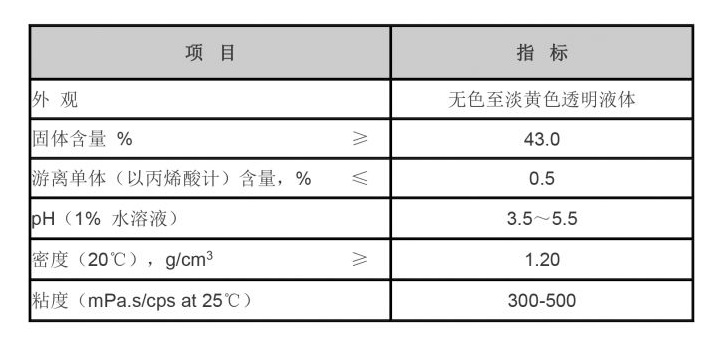Effective Strategies for Preventing Water Scale Buildup in Industrial Systems and Water Heating Applications
Water Scale Inhibitors A Key Solution for Sustainable Water Management
Water scale inhibitors are crucial chemical substances designed to prevent the formation of scale deposits in various water systems. Scale formation, predominantly composed of minerals such as calcium carbonate, magnesium salts, and silica, poses significant challenges in industrial processes, cooling systems, and even domestic water supply. The management of water scale is not simply a matter of aesthetics; it has substantial implications for efficiency, longevity of equipment, and overall sustainability in water use.
Understanding Water Scale Formation
Water scale typically forms when water containing dissolved minerals evaporates or is heated, leading to supersaturation and the precipitation of minerals. This results in hard deposits that can accumulate on the surfaces of pipes, heat exchangers, and boilers, ultimately reducing flow rates and thermal efficiency. In industrial settings, this can lead to increased operational costs, necessitating more frequent maintenance and repairs, and potentially causing premature equipment failure.
The Role of Water Scale Inhibitors
Water scale inhibitors work by disrupting the processes that lead to scale formation. These chemicals employ various mechanisms including threshold inhibition, crystal growth modification, and dispersal of existing scale. By interfering with the crystal structures of scale-forming minerals, inhibitors can prevent these minerals from precipitating out of solution. This ensures that the water remains clear of deposits, enhancing the efficiency of systems reliant on water, whether they're in power generation, food processing, or municipal water supply.
Types of Water Scale Inhibitors
Water scale inhibitors can be classified into several categories based on their chemical composition
1. Phosphate-based Inhibitors Popular in many applications due to their effectiveness in preventing scale formation, these inhibitors form complexes with calcium ions, thereby reducing the likelihood of precipitation.
water scale inhibitor

2. Polymeric Inhibitors These are synthetic compounds that modify the crystal growth of scale-forming minerals. They are particularly effective in preventing fouling in cooling towers and heat exchangers.
3. Organic Acid Inhibitors Often derived from naturally occurring substances, these inhibitors work by lowering the pH of the water and thus affecting the solubility of scale-forming minerals.
4. Green Inhibitors With a growing emphasis on environmental sustainability, the use of biodegradable and non-toxic scale inhibitors has gained popularity. These agents are derived from plant extracts and provide effective scale control without harming aquatic ecosystems.
Benefits of Using Water Scale Inhibitors
The primary benefits of applying water scale inhibitors include
- Increased Efficiency By minimizing scale, systems can operate at optimal efficiency, reducing energy consumption and costs associated with heating and pumping. - Reduced Maintenance With less scale buildup, there is a decrease in maintenance requirements, leading to lower operational costs and extended equipment lifespan. - Environmental Protection Effective scale management can lead to reduced water consumption since it allows systems to operate more efficiently and minimizes the need for frequent water replacements or treatments.
Conclusion
In conclusion, water scale inhibitors are vital tools in modern water management practices. They not only enhance the performance of industrial and domestic water systems but also contribute to sustainability goals by reducing resource consumption and environmental impact. As industries continue to seek eco-friendly solutions, the development and implementation of advanced, effective water scale inhibitors will play a pivotal role in shaping a more sustainable future for water resource management. By investing in these technologies, businesses can safeguard their infrastructure while promoting responsible water use, benefiting both their bottom line and the environment.
-
Understanding Acrylic Homopolymers and Their ApplicationsNewsApr.01,2025
-
The Emerging Importance of Polyaspartic AcidNewsApr.01,2025
-
Poly Aluminum Chloride and Polyacrylamide: Key Players in Water TreatmentNewsApr.01,2025
-
Flocculants for Water TreatmentNewsApr.01,2025
-
Essential Solutions for Water Treatment and PurificationNewsApr.01,2025
-
Chemical Solutions for Advanced IndustriesNewsApr.01,2025





